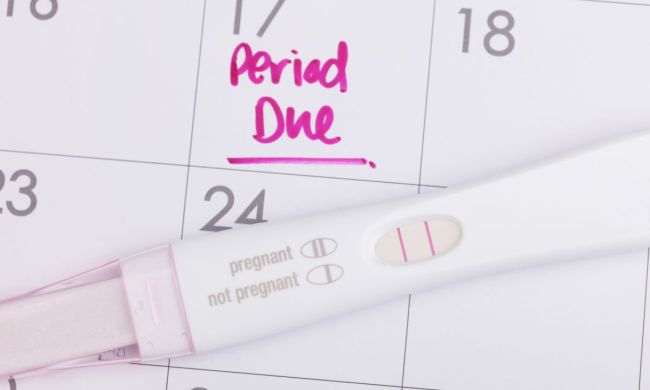Even if you are a super-organized, Type A person who never forgets a thing and is always on time, you can expect a few stumbles on the path to perfection in the days and weeks following your baby’s arrival. Birth is a significant physiological event, and your body will need time to recover. Your estrogen and progesterone levels also plummet back to normal after their pregnancy peak, which can impact your mental and emotional functioning. Add into the mix a little – or a lot – of sleep deprivation, plus the relentless work of breastfeeding, and it’s simply not reasonable to expect your memory or organizational skills to be in top form. Give yourself some grace, and take advantage of any tools available to make things a little easier during a sweet but overwhelming time.

Enter the breastfeeding log
If there are issues with your baby’s weight gain or the health of your breasts, a breastfeeding log can do the detective work of finding the cause. A log will also help you make sure that baby is staying well-hydrated, and can serve to remind you of which side you last nursed on, because you will definitely forget as the days blur into a never-ending cycle of nursing, changing, and sleeping.
Keep in mind that there is great variation between one baby and the next, and try not to stress about your baby adhering to some ideal of a “normal” schedule.
Since it’s often convenient to do a diaper change after a feeding, and because it’s important to keep track of diapers during the first days, a breastfeeding log is a convenient place to note if baby’s diaper is wet or soiled. As it can be hard to tell, keep in mind that a soiled diaper is usually also a wet one.
What else to record in your breastfeeding log
You should also note the color and consistency of baby’s stool for those first days. On Day 1, expect at least one wet diaper and one tarry, black meconium stool. (Meconium is the term for baby’s first bowel movements.) Day 2 should bring at least two wet diapers and two meconium stools, and on Day 3, there should be at least three wet diapers and 2 to 3 stools that are beginning to become greenish as your milk comes in.
When your milk does come in, your breasts will swell and become firm. This is known as engorgement, and can be quite uncomfortable. You should feel some relief and a softening of your breasts after your baby nurses. Cold compresses or hot showers can also help. You should also see a change in your milk as it turns from thick, yellow colostrum (ḧence the term “liquid gold”) to a more watery, white consistency. At this point, you can expect 6 to 8 wet diapers and three or more stools every 24 hours. Urine should be pale yellow or clear, and stools should look yellow and seedy.
Is my baby getting enough milk?
Almost all new parents worry at some point that their baby is not getting enough milk. It takes time to recognize the gentle shushing sound of a newborn’s swallows (ask a nurse or lactation consultant to help you), and babies usually fall asleep on the breast before they unlatch, so it can be tricky to determine how long they were actually pulling milk. The good news is that if your baby is producing the expected amount of wet diapers, you can rest assured that he is getting enough milk to stay adequately hydrated. And if for some reason she’s not, then you know it’s time to call the pediatrician, and perhaps a lactation consultant as well.
How to find the right breastfeeding log
There are lots of sample logs available online, as well as apps you can download on your phone (including the aptly-named Which Boob?), but a simple pen and paper will also do the trick.
The following are suggestions of what to include on your log, but feel free to make amendments to meet your specific needs. If your baby always nurses on both sides at every feeding, for example, you probably don’t need to make a note of it each time you nurse. At each feed, jot down:
- The date and time
- Which breast your baby nursed on (left or right), and the number of minutes she spent nursing on each side
- Wet and/or soiled diaper
- If you hear swallowing sounds while your baby is nursing
- Notes on your baby’s mood (for example, fussy or sleepy)
It might seem odd to make notes on the emotional state of a tiny human who seems to always be either crying or asleep, but being able to see if your baby is consistently fussy during or after nursing can help your pediatrician or lactation consultant diagnose a poor latch or other problems. Likewise, if you note that your baby is usually sleepy while nursing and you aren’t hearing swallowing sounds, your provider may have recommendations.
As time goes on and you settle into a routine, you will find that you need the nursing log less and can, eventually, let it go into the memory box of these early days. Some parents choose to continue recording everything that comes in and out of their baby all the way through the introduction of solids or the first year, so by all means keep up with your log if you find it useful!



